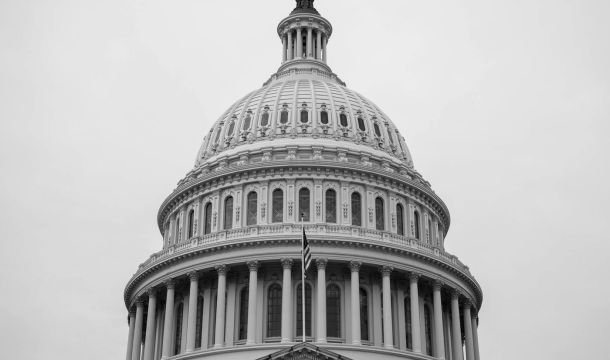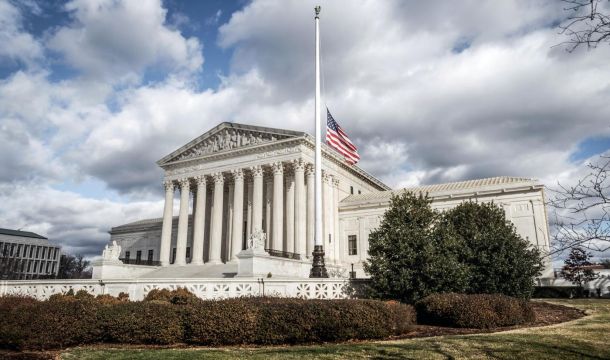In a ruling issued by the U.S. Supreme Court on June 26, 2013, the Court declared unconstitutional Section 3 of the federal Defense of Marriage Act (DOMA), which defines marriage as a legal union between a man and a woman for purposes of more than 1,000 federal laws. The majority indicated that by denying federal recognition to a marriage recognized as legitimate under state law, the federal law violated the Constitution's guarantees of equal protection and due process. U.S. v. Windsor, _____ U.S. _______ (June 26, 2013). A companion case, Hollingsworth v. Perry, addressed whether the 14th Amendment's equal protection clause prohibited the State of California from defining marriage as the union of a man and a woman. The Court did not reach the merits of this particular issue, but instead denied review on technical grounds leaving standing a lower court ruling that struck down California's Proposition 8, which banned gay marriage.
Technically, the Supreme Court rulings do not address whether there is a federal constitutional right for same-sex marriage under the laws of the various states, thus suggesting there will be further rounds of litigation addressing that particular issue. The ruling does not address a separate DOMA provision that states need not recognize same-sex marriages performed by other states. Justice Scalia, however, writing for the dissent, indicated that the majority has provided a "blueprint" for extending gay marriage nationwide.
In the meantime, the rulings of the Court will play out in the states in two ways. First, numerous legal challenges will be made in those states prohibiting same-sex marriages, and at the same time efforts will be made in the states to overturn legislatively the banning of same-sex marriages. Currently, at least eight states recognize full or limited civil unions or domestic partnerships, plus the District of Columbia. Over 30 states have laws or constitutional amendments prohibiting same-sex marriages.
The immediate effect of the ruling is that employers in those states that recognize same-sex marriages will have to review their employee-benefit packages to make sure they do not discriminate against gay marriages. Even in states that ban gay marriages, more and more employers will likely move to recognizing same-sex relationships in their benefit programs to be consistent with the trend in the U.S. both legally, but also in public opinion.
The Supreme Court ruling appears to immediately affect federal benefits and federally-regulated benefits, including 401(k) plans and pensions. Gay marriages will lead to the same privileges as beneficiaries enjoy like other married couples. In healthcare, changes will be required to provide equal tax treatment of health insurance premiums, as a gay spouse will have the same right as a heterosexual spouse to pre-tax premium deductions. The ruling will also affect various other federal laws including immigration, bankruptcy and student aid. On the other hand, same-sex married couples could also see the likelihood of federal income tax increases, although there may be savings in the federal estate tax.
The issue drawing everyone's immediate attention is what to do about gay spouses who are married in states allowing such marriages, but who currently live in states that do not recognize same-sex marriages. Under past practices, many federal benefits such as Social Security turn on the validity of a marriage under the law of the state where the couple resides. The IRS will have to address these issues. Employers will have to address similar issues.
Related Content
Get Email Updates
Recent Content

NLRB to Seek Rescission of past Discipline Imposed under Overbroad Employer Work Rules

Do Drive Cam Cameras inside Trucks Violate Employee Rights?

Amazon Considers Risk When Investigating Employee Misconduct

Latest NLRB Attack Goes beyond Non-Compete Agreements to Reach Outside Employment

NLRB Board Addresses BLM Insignia at Work




